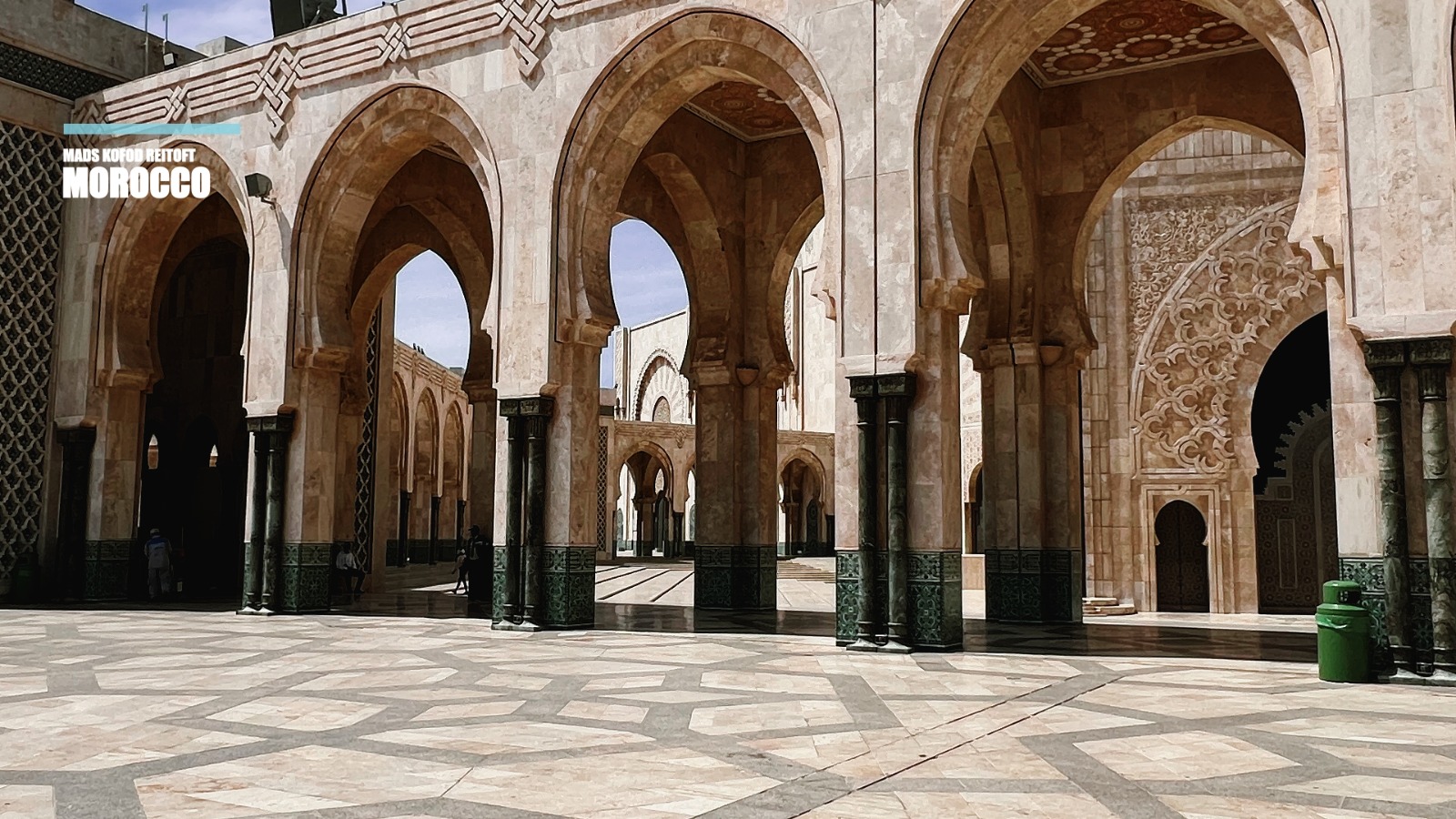Thu February 16th
Le Kodak Prosper 520 ul...
La valeur réelle en numérique n'est pas la technologie d'impression que vous choisissez. Le vrai différentiateur est entre vos oreilles !

Morocco is a country in western Africa, bordering Spain to the north and Algeria to the east. This makes Morocco the only African nation with access to the Mediterranean Sea and the Atlantic Ocean, making its export of fish and crustaceans over $1B. Morocco's long coastline plays a huge part in the Moroccan climate. The combination of its long Atlantic coastline and the large mountain range in the north makes Morocco a country with huge agricultural potential. With a warm, dry summer and wet winter, the climate makes Morocco the 3rd largest producer of figs and olives and the 4th largest producer of tangerines.
This, by no means, makes Morocco a nation only dependent on its agricultural range, more so on the contrary. Being the 6th largest African country by GDP, Morocco's economy is an ever-growing economy that uses its geography, climate, and manufacturing power to grow. Its largest exports consist of chemical fertilizers (15% of exports) and manufacturing of cars (13%) and insulated wires (9%). Over 50% of their exports go to Europe (mainly Spain and France), but other notably large "partners" are countries like India, Brazil, and the United States.
Being situated between Europe and the rest of Africa, their history is unique and interesting. In what we today consider Morocco, the first people were a group of Berbers called the Imazighen. This people was for a long time excisting "on its own" until it came under Carthage (2nd century BC) and later the Roman Empire (40 CE). Following the Roman Empire's collapse, Morocco fell under the rule of the Byzantine Empire and then later the Umayyad Caliphate, which brought Islam to North Africa (including Morocco).
In 740, Morocco split up into smaller independent countries/dynasties after a revolt, with the largest of these (the Almoravid Dynasty) also controlling large parts of Spain. Later in the medieval periods, Morocco was again unified under the Saardians. The Saardians fought many wars with the Ottoman Empire, and Morocco is today the only North African nation that hasn't ever been under Turkish rule.
If we jump forward in time a bit to the 19th century, the colonial times of Africa also impacted Morocco. After France took over Algeria, the Moroccans declared war against the French, fearing a possible invasion by the French. The war ended in a loss, and Morocco, too, came under French rule. Later, following some Moroccan attacks on Spanish-controlled cities, Spain too declared war on Morocco in 1911. This resulted in an agreement between France, Spain, and Morocco, splitting the country between the two European powers. The occupation of Morocco lasted until the 2nd of March 1956, when Morocco officially gained its independence.La valeur réelle en numérique n'est pas la technologie d'impression que vous choisissez. Le vrai différentiateur est entre vos oreilles !
What The Papers Say-Week of September 20th-By Nessan Cleary
INKISH couvre l'événement, et ne peut pas attendre pour rencontrer l'industrie est peut-être le premier événement physique en Europe:-) ...
What The Papers Say-Week of September 13-By Nessan Cleary
What The Papers Say-Week of September 6th-By Nessan Cleary
Mads Lover <3
I really love the article. Mads makes me very happy <3